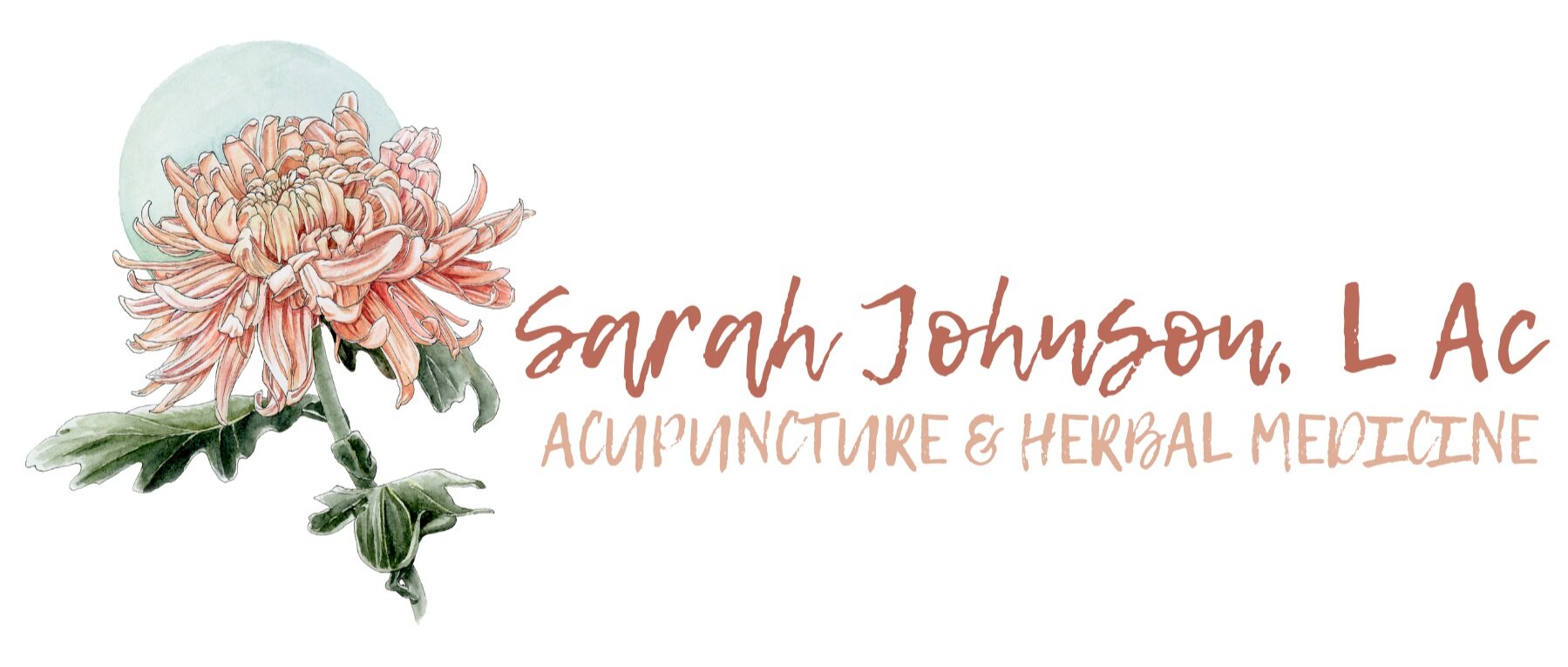Treating Sciatica with Acupuncture
Back pain is probably still the number one reason people seek acupuncture treatment in the United States. For a lot of people Chinese Medicine is the last resort, before surgery, to eliminate something that can be a continuous nag or a debilitating experience that can keep them from work and everyday life. I can't tell you how many people I've seen for back pain or who I've treated for sciatica specifically, but I can tell you that acupuncture can help.
Sciatica refers to pain that radiates anywhere along the path of the sciatic nerve which originates in the low back, travels through the hips and buttocks, and down the legs. Pain of this nerve can be caused by a herniated disc, problems of the spine, or muscle tightening or spasm. Typically it is only felt on one side of the body and the pain an individual experiences can be mildly annoying to completely debilitating. There can be accompanying weakness, numbness, or tingling in addition to pain which can be sharp or dull in nature. If you've ever experienced sciatic pain, you know that it is certainly no fun.
How Does Chinese Medicine View and Treat Sciatica?
The most common imbalance in acute sciatica is what we call qi (pronounced chee) and blood stagnation in the channels. According to Chinese Medicine, it is important for qi and blood to be moving properly within the channels for us to live without pain. When the smooth flow of qi and blood are disrupted, we feel pain and discomfort. Disruption to the flow can be caused by different things such as physical trauma, structural problems, not getting enough exercise, poor diet, or even long exposure to a cold environment. It is important to facilitate the movement of qi and blood in the channels when we are treating something like sciatica and also to treat any underlying imbalance, which may be causing the qi and blood to stagnate. We typically use acupuncture, heat, and sometimes herbal medicine for such conditions.
What Are Some Common Underlying Conditions That Cause Sciatica According to Chinese Medicine?
- Kidney Qi Deficiency: If your back feels very weak and achy, the underlying imbalance may be kidney qi deficiency. Other symptoms include weakness of the knees, extreme fatigue, ringing in the ears, dizziness, and a weak pulse.
- Spleen Qi Deficiency with Dampness: For those with spleen qi deficiency with dampness, you will also have fatigue and weakness, and the back usually feels better with rest. Your body may feel very heavy and you may have poor digestion. You might be a person who gains weight easily and has trouble losing it.
- Liver Qi Stagnation: Liver qi stagnation can cause your muscles to be very tight and in spasm. You may be a person especially prone to stress, anger, or frustration. You may also suffer from headaches, high blood pressure, and in women, PMS and painful menstruation. You mightexperience ringing in the ears which is high pitched.
The number of acupuncture sessions you need in order to resolve sciatica can vary person to person based on the severity and on the underlying condition. If your sciatica is being caused by muscle spasm, it will be more quick to heal than if you're suffering from a herniated disk, for instance. However, most people do feel significant relief after their first treatment.
Stretching is the most important thing for you to do during your treatment and you will have to keep up with it to prevent recurrence of sciatic pain once it's gone. The piriformis muscle, which runs from the sacrum to the greater trochanter of the femur and passes through the gluteal region, is a major culprit in a lot of peoples' sciatic pain. It can get really tight and press on the sciatic nerve which travels underneath it. In addition to stretching, many of my patients find relief using a tennis or softball and rolling the gluteal and hip muscles over it. This can be pretty uncomfortable, but it does work to help release tension.
Acupuncture is a safe, natural option that can help if you suffer from sciatica. If you have tried acupuncture along with stretching, massage, chiropractic treatment, or another form of therapy and have not seen results, see a doctor because there could be a more serious problem relating to the spine.
If you live in the Austin area and want to try acupuncture to treat your sciatic pain, call or email Sarah Johnson L. Ac. today.



